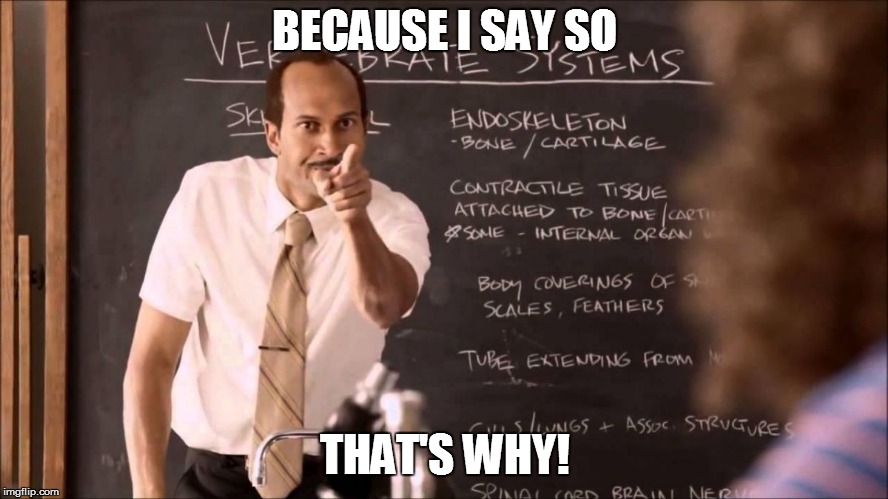As well as teaching, and cobbling together this nonsense, I often do other things.
One thing I do is write funny things for satirical websites and occasionally the radio.
Another thing I do, once every Preston Guild, is write articles about teaching languages.
Here is my latest offering on Teachwire, the snappily named: How to Introduce Gendered Nouns in KS3 French.
Enjoy.
Welcome to the rambling thoughts of a 50 year old languages teacher with too much time on his hands, most of it spent in the kitchen. If you have any comments or questions about language learning or resources please email or follow me on twitter @dominic_mcg
Thursday 13 December 2018
Saturday 8 December 2018
Learning and retaining vocabulary...
My Year 7 students have just had exams.
The majority have done well and their hard work has paid off.
They scored fewer marks in their writing papers, though.
Their spelling really let them down
So, this is my plan to improve spelling and vocabulary retention:
When setting vocabulary learning homework make them write it out a number of times and then hand in proof that they have done it.
I've just started to do this so there's no proof it has improved their work yet.
Watch this space though, I'm sure that their test results and retention are going to get better...
Sunday 2 December 2018
Curiosity...
Proverbialists and fans of mid-80s pop music would have you believe that Curiosity Killed The Cat.
NASA would prefer you to believe that Curiosity is currently exploring the Gale Crater on the planet Mars.
Or is it?
Yes, it is.
Look:
Curiosity is also the title of a programme at my school in which students are given the opportunity to work with teachers and guests to find out more about the subjects they study and how they can be linked to real life.
Curious students tend to do better than their less curious classmates.
A few weeks ago I planned and delivered a Curiosity session (based on an article I wrote for Teach Secondary about gender and adjectives in French).
My session started with me asking the students a question:
Why is a French pencil case feminine and a Spanish pencil case masculine?
The inevitable answer came:
You told us they were.

The truth is that students, generally speaking, just accept everything their teachers tell them as Gospel and rarely question anything.
To my mind, Curiosity sessions are the ideal place to question anything and everything.
In a controlled environment, obviously.
I'm not a hippy!
So, I set the young explorers away on a (laptop) mission to discover why some words are masculine and feminine and even neuter!
The important things they discovered were:
NASA would prefer you to believe that Curiosity is currently exploring the Gale Crater on the planet Mars.
Or is it?
Yes, it is.
Look:
Curiosity is also the title of a programme at my school in which students are given the opportunity to work with teachers and guests to find out more about the subjects they study and how they can be linked to real life.
Curious students tend to do better than their less curious classmates.
A few weeks ago I planned and delivered a Curiosity session (based on an article I wrote for Teach Secondary about gender and adjectives in French).
My session started with me asking the students a question:
Why is a French pencil case feminine and a Spanish pencil case masculine?
The inevitable answer came:
You told us they were.

The truth is that students, generally speaking, just accept everything their teachers tell them as Gospel and rarely question anything.
To my mind, Curiosity sessions are the ideal place to question anything and everything.
In a controlled environment, obviously.
I'm not a hippy!
So, I set the young explorers away on a (laptop) mission to discover why some words are masculine and feminine and even neuter!
The important things they discovered were:
- Most Latin-based languages have different genders of nouns and some others but not all.
- "gender" has nothing to do with sex and is closely linked to the word "genre"
- physical characteristics often dictate the gender of a noun
- Abstract nouns tend to be feminine in many languages (they tested it on wordreference.com)
- Sometimes the same word can have 2 different genders depending on its meaning.
- Nobody really knows why.
- and my favourite, it is important to ask questions and research answers even though there is not always a clear answer.
They really enjoyed themselves and I'd love to do it again.
Subscribe to:
Posts (Atom)
